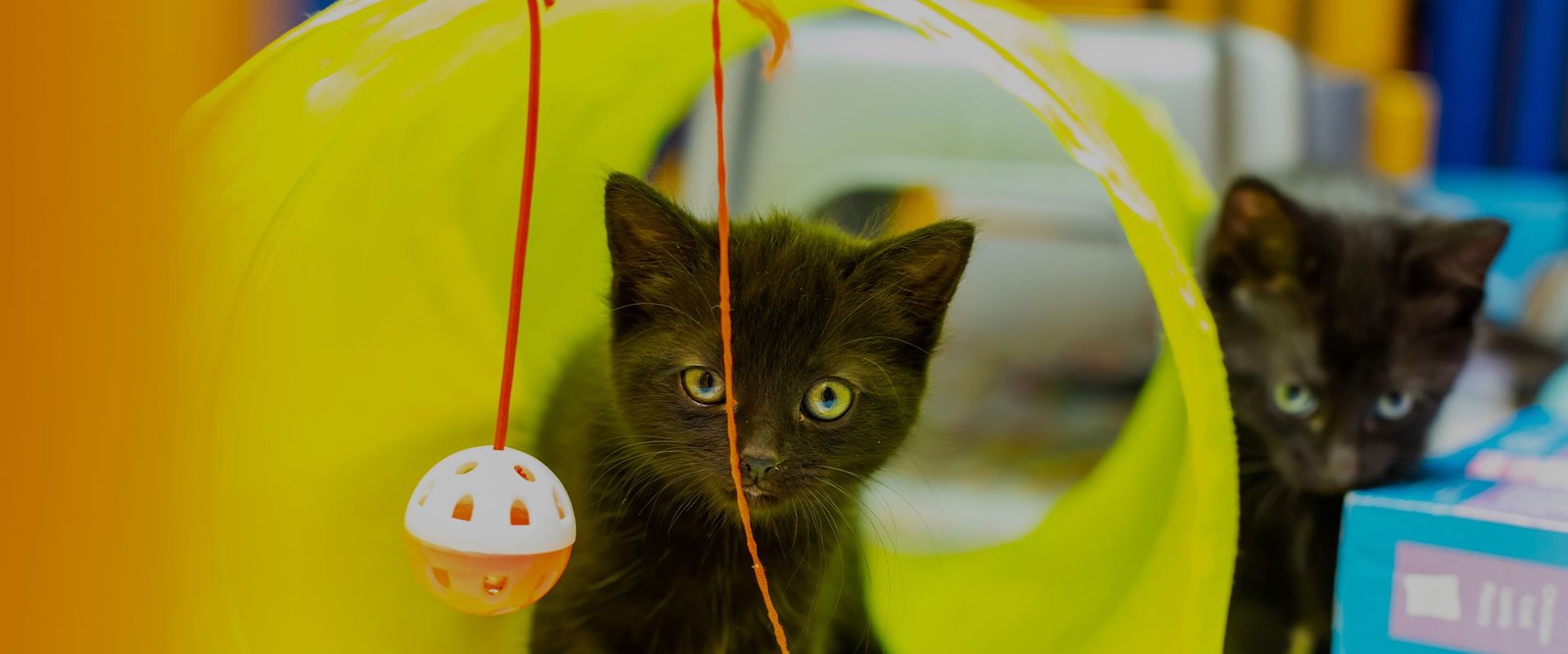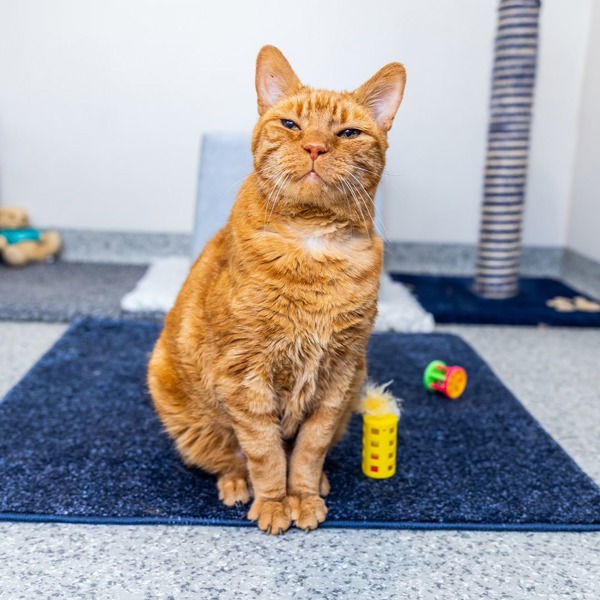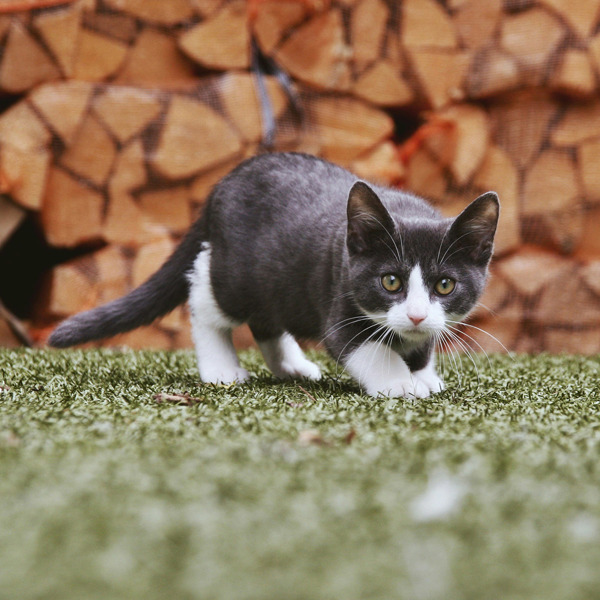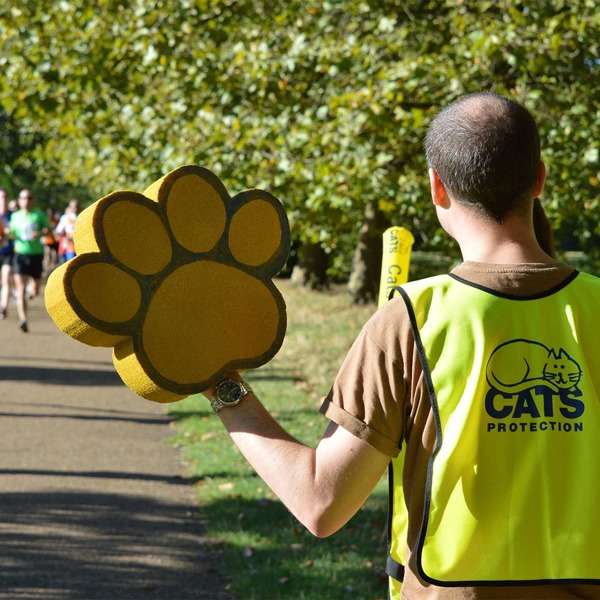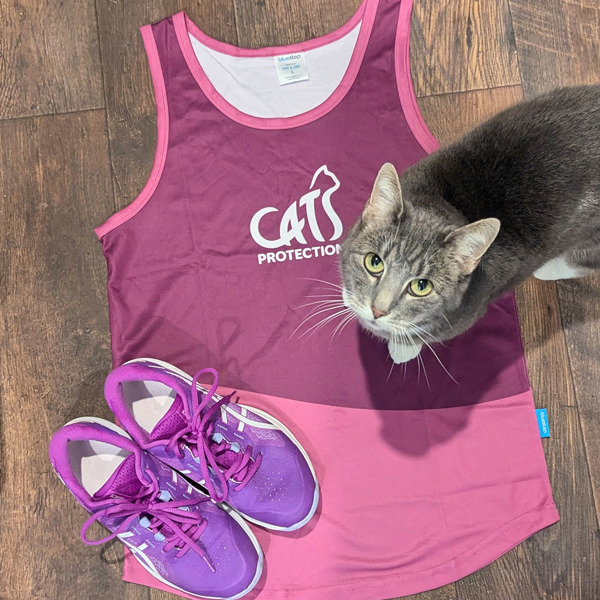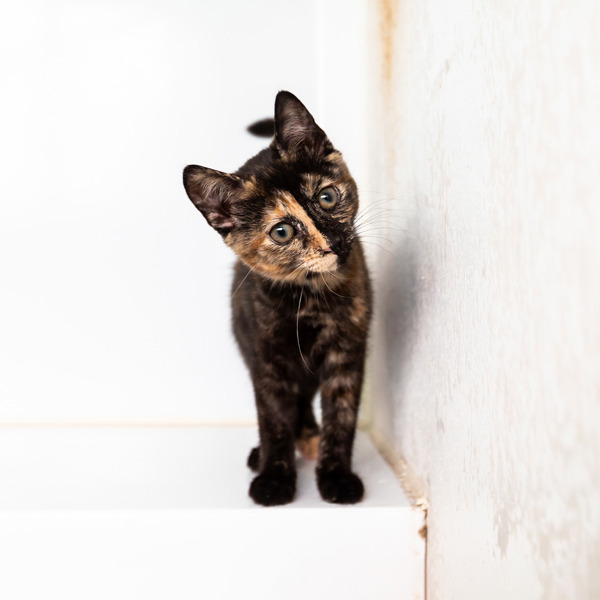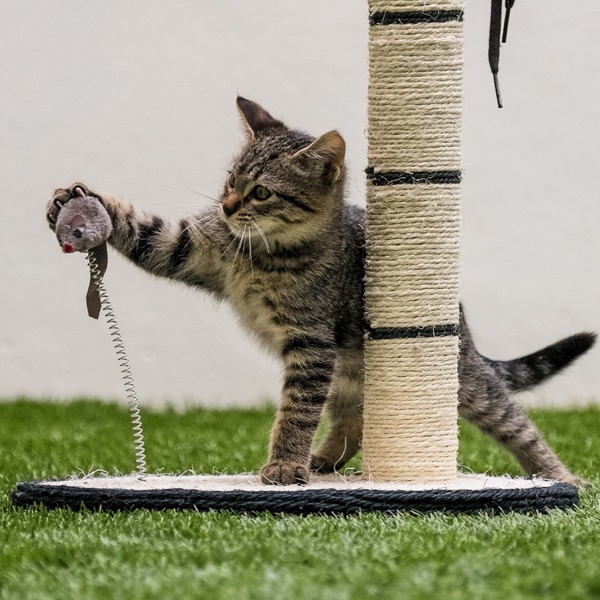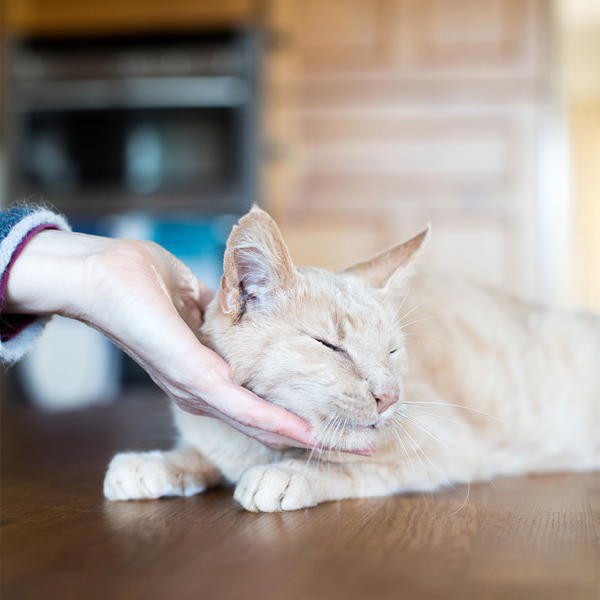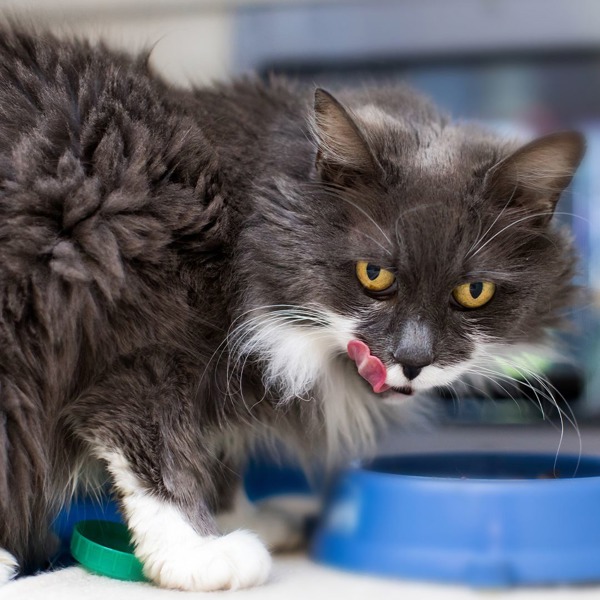Welcome to Cats Protection Eltham, Sidcup & District Branch
We try to help cats and kittens in the postcodes BR1, DA14, DA15, SE12 and SE9. But please note WE ARE FULL and cannot take in any more cats. We only have a small number of fosterers and already have a waiting list. It is also kitten season so we have to give mums and litters priority.
If you want to rehome your cat, then the best option is to ask everyone you know - colleagues, friends, family, neighbours - and post an appealing photo and details on your social media profiles. There is also a separate charity called Pet Rehomer where cats needing a new home can be posted online.
To help us, please give a home to one or more of our lovely cats and kittens: meet them in the Adopt A Cat section.
We could do more if we had more fosterers so why not consider volunteering in this rewarding and valuable role? If you live locally, can drive and have a spare room, please find out more from Clare at coordinator@eltham.cats.org.uk
Our branch also offers help and advice with neutering, and lost and found cats, as well as general education and awareness in the local area.

